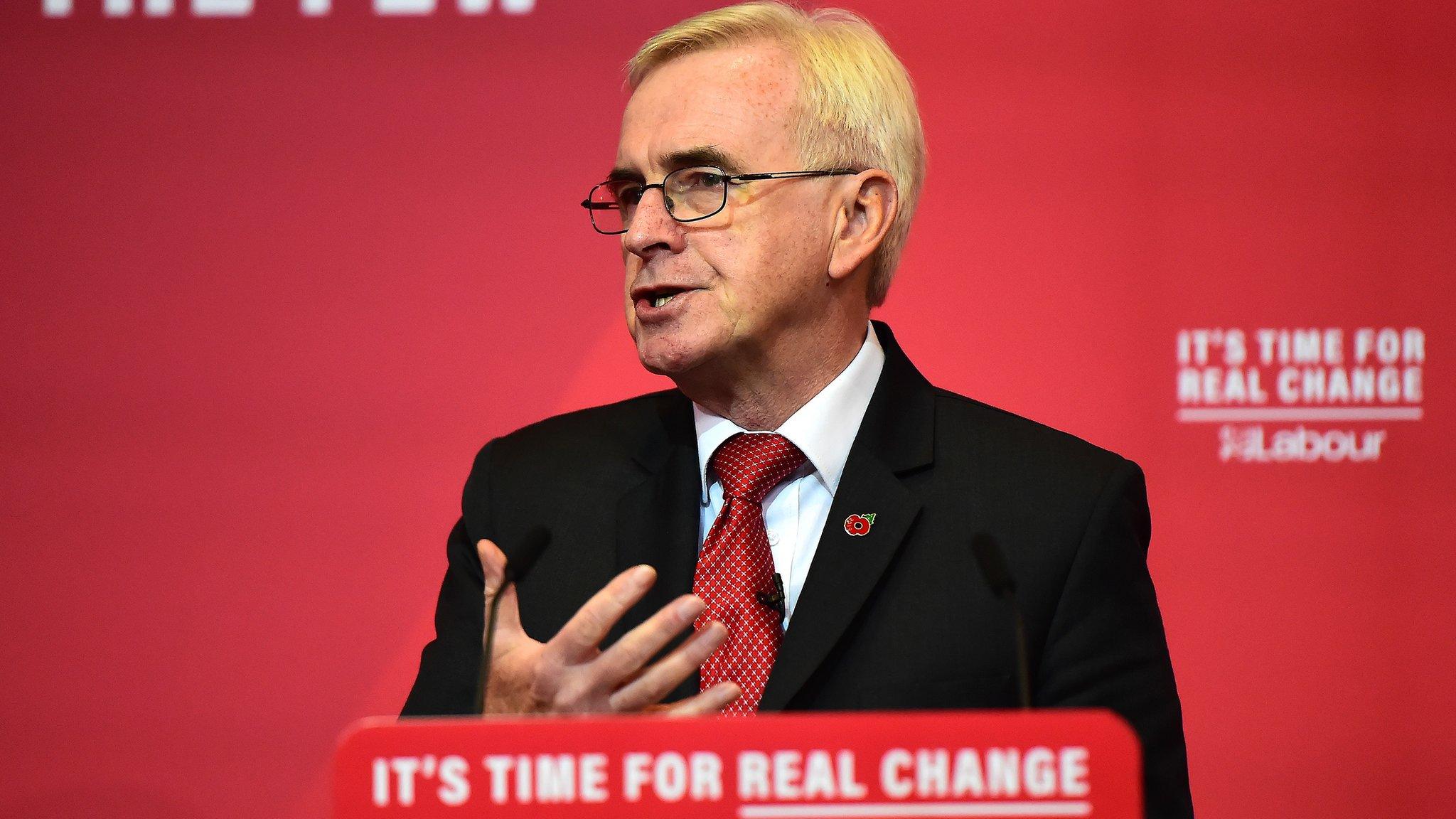Labour commits to lagoon and nuclear plant in manifesto
- Published
- comments
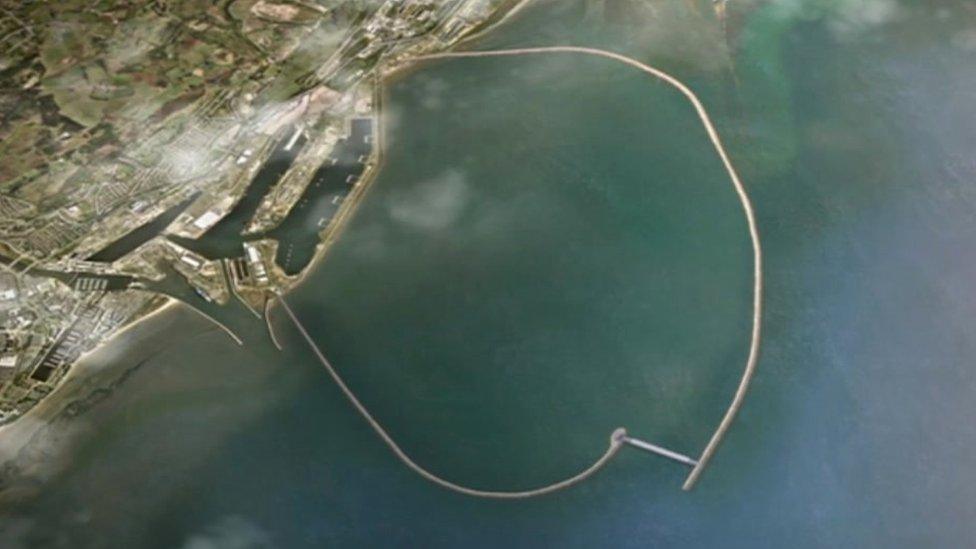
The proposed tidal lagoon scheme rejected by the UK government last year
Major Welsh projects including a Swansea Bay tidal lagoon would be built if Labour wins the general election, the party's manifesto says.
Plans for a lagoon were dropped by UK ministers last year, but there have been efforts to revive such a scheme.
Stalled plans for a new nuclear power station on Anglesey would also be revived under Labour, the party says.
It also promises Welsh ministers an extra £3.4bn for public services next year - an increase of nearly 25%
The Conservative government decided Tidal Lagoon Power's £1.3bn scheme for Swansea Bay, which had £200m backing from Welsh ministers, did not represent value for money.
That decision was criticised by local politicians across the parties, including the Tories.
Building a lagoon is part of Labour leader Jeremy Corbyn's plan to "transform" the UK into a low carbon, green economy.
Launching the manifesto at Birmingham City University, Mr Corbyn said as prime minister he would unleash an "investment blitz" to "upgrade our national infrastructure in every region and nation".
"We'll boost the devolved budgets, allowing the Welsh Labour government to build on its success with huge new projects like the Swansea Bay tidal lagoon, and putting an extra £100bn into Scotland to boost the Scottish economy, secure the future of industry and properly fund our public services," he said.
Labour says it will provide more detail on how it will pay for the lagoon next week.
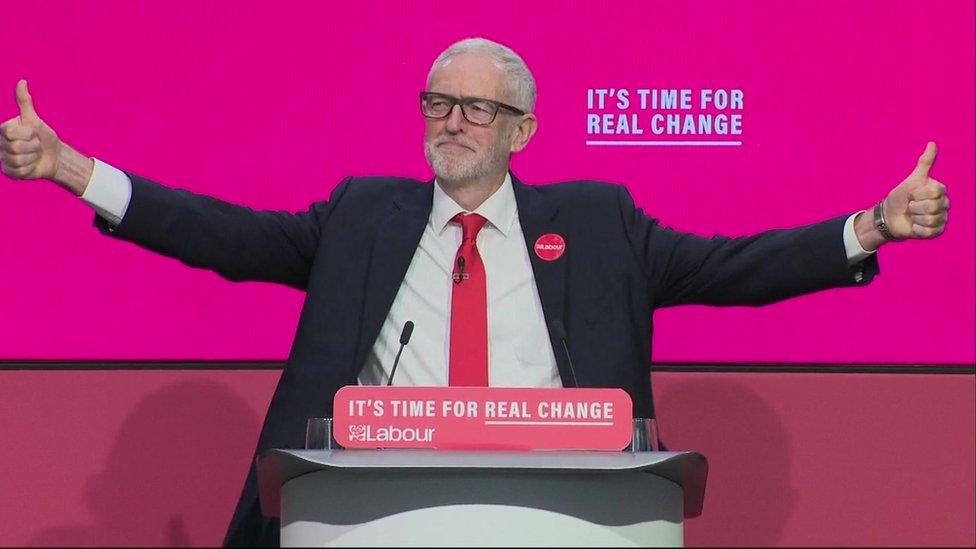
Jeremy Corbyn said there would be a "green transformation" of the UK if Labour wins the election
Earlier this year, the Japanese firm Hitachi said it was suspending work on the £13bn Wylfa Newydd nuclear power project on Anglesey because of rising costs, after six months of talks with UK ministers about funding for the scheme.
Labour's manifesto states the party will "work with people on the island to maximise its potential for new nuclear energy, alongside investment in renewables".
Labour also says it is committed to rail electrification and expansion across the UK, including Wales.
The party's manifesto promises would mean an increase of 23.6% to the Welsh Government's day-to-day spending pot for public services from £14.4bn to £17.8bn in 2020-21.
The increase, triggered by increased spending in England through the Barnett formula, would remain in place for the lifetime of the next parliament.
Welsh ministers would be able to spend the extra cash as they see fit.
However, Labour says the spending is still short of where the Welsh Government's finances would be were it not for years of austerity under Conservative-led UK governments.
The party claims the Welsh Government's budget would be £4bn better off had it increased in line with the growth of the economy since 2010.
In their manifesto published on Tuesday the Liberal Democrats said the Welsh Government's revenue budget would be 13% better off in 2024-25 if they were in power in Westminster.

Analysis by BBC Wales political editor Felicity Evans
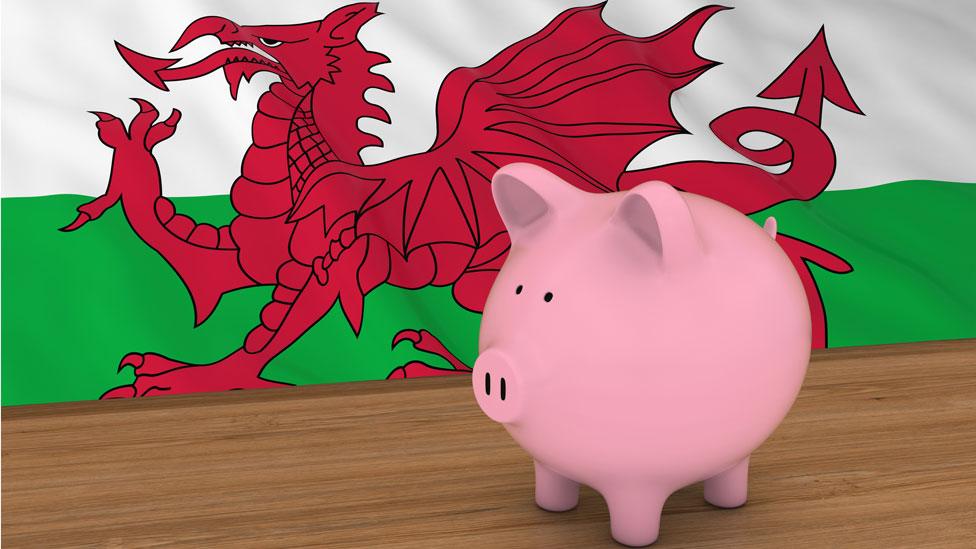
So how much money is Wales getting compared to Scotland?
Those of you with a keen eye for detail may have noticed that Scotland is promised a funding bonanza of £100bn over 10 years, whereas Wales is promised an extra £3.4bn.
But the two figures are based on different things.
Wales' £3.4bn is the extra money that flows from the public spending promises in England over devolved matters like the NHS and schools for the next financial year.
There is a set formula the Treasury uses to work this out (it's called the Barnett formula after the man who created it).
The Scottish equivalent figure is £5bn (Barnett is based on population rather than need and there's an argument that it favours Scotland unfairly - that's an argument that's been going on for decades).
To get to the figure of £100bn, they have added capital spending promises (money for infrastructure like transport, buildings etc) on top of the £5bn and then multiplied the whole thing by ten.
It's an odd decision to multiply this by two parliamentary terms instead of one five year term - but perhaps that's because £100bn sounds more impressive than £50bn?
For the Welsh figure, they have not added capital spending promises or multiplied it by future years because the Welsh party plans to publish its own manifesto which will have more detail about all of those spending pledges.

What about Brexit?
In his speech in Birmingham, Mr Corbyn said he would negotiate a "sensible" Brexit deal with the EU, that protects manufacturing and Northern Ireland's Good Friday Agreement.
Voters would be able to choose between that deal or staying in the EU in a referendum to be held within six months, he said.
Mr Corbyn has refused to say which option he will back, although Welsh Labour leader Mark Drakeford says the party in Wales will campaign to keep the UK in the European Union.
Recognising this difference between the two leaders on a key issue, the manifesto states "in Wales the Welsh Labour government will campaign to remain".


Use the form below to send us your questions and we could be in touch.
In some cases your question will be published, displaying your name, age and location as you provide it, unless you state otherwise. Your contact details will never be published. Please ensure you have read the terms and conditions.
If you are reading this page on the BBC News app, you will need to visit the mobile version of the BBC website to submit your question on this topic.
- Published22 November 2019
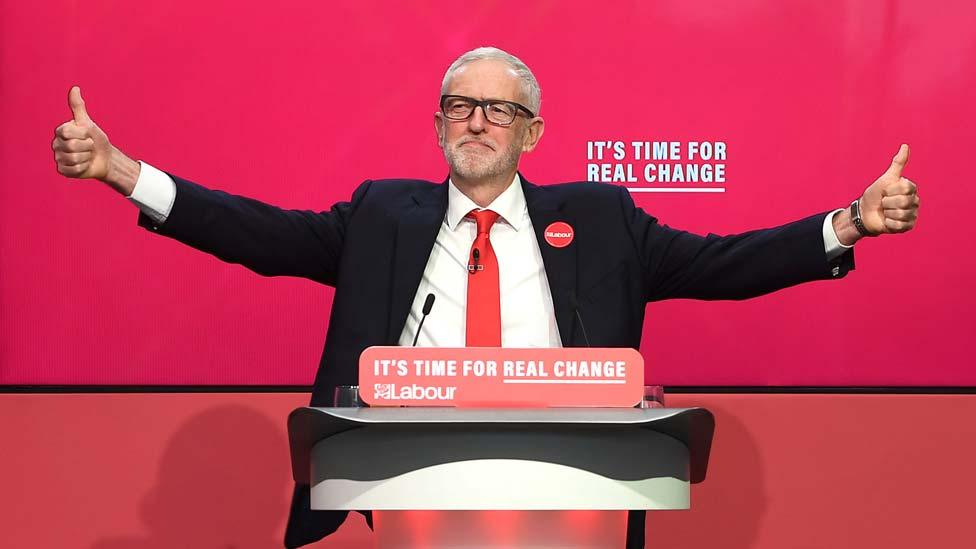
- Published20 November 2019
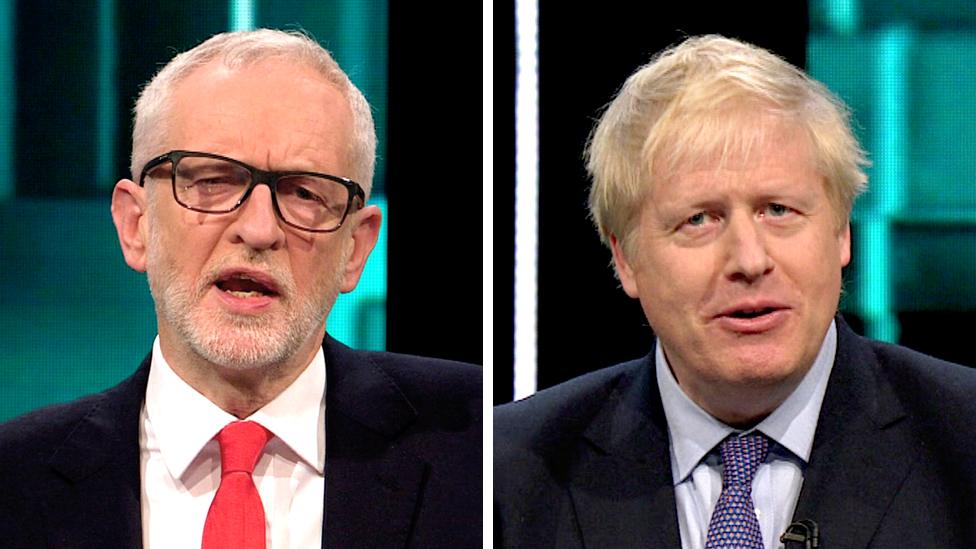
- Published19 November 2019
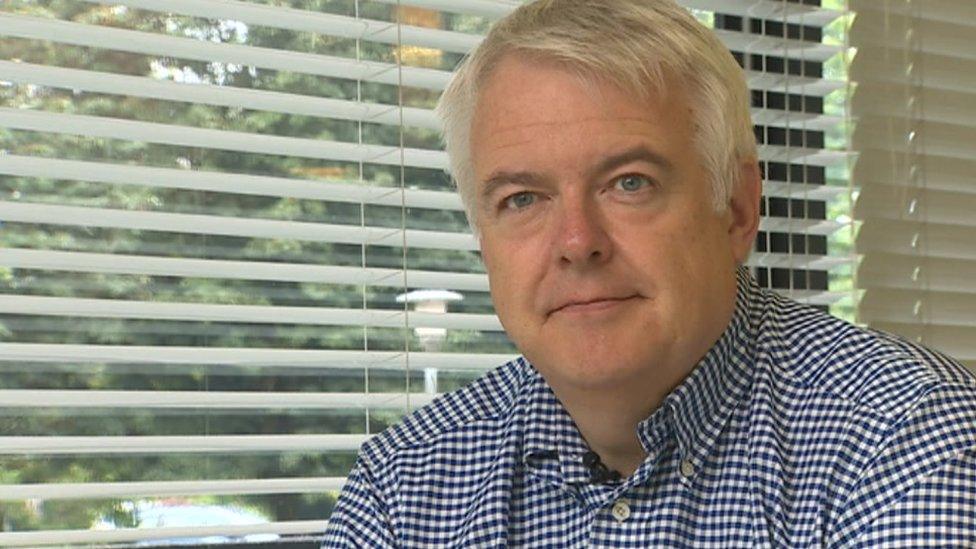
- Published19 November 2019
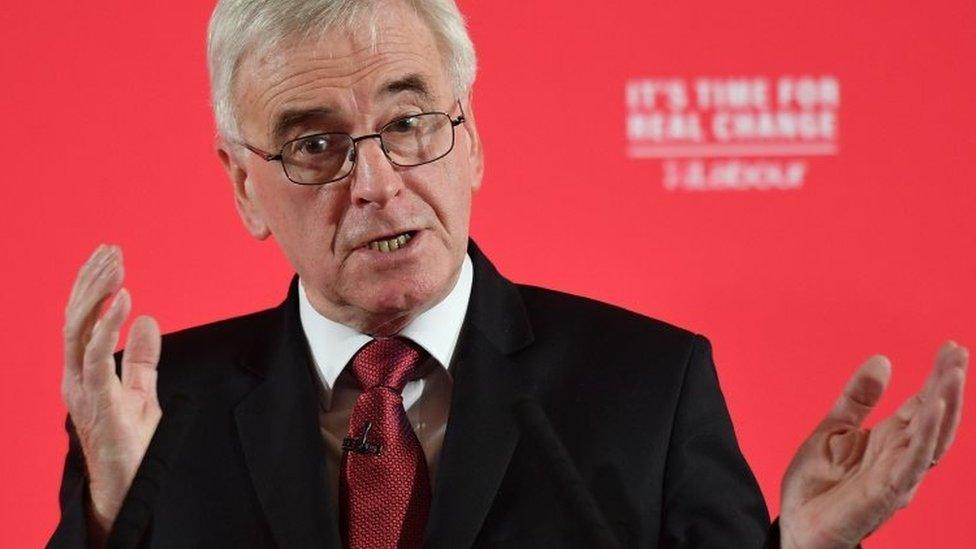
- Published17 November 2019
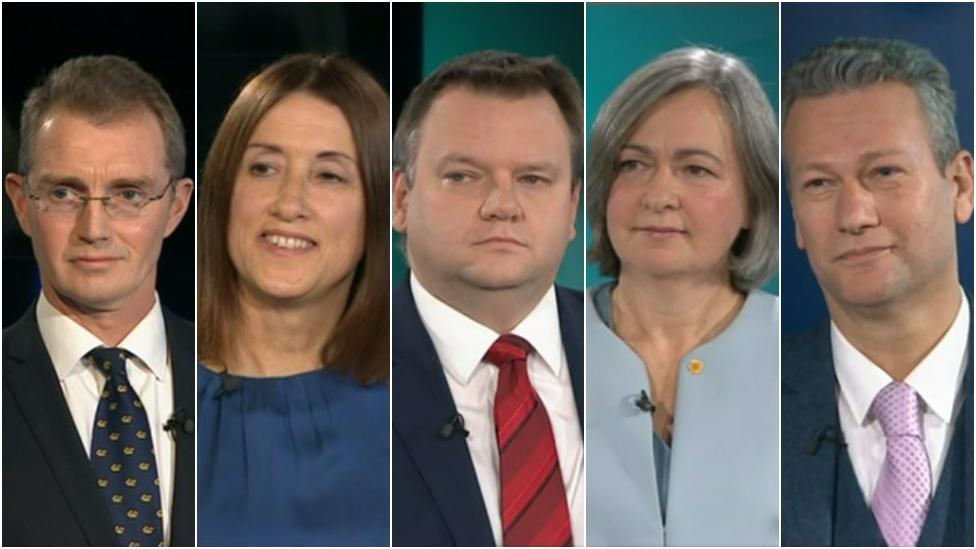
- Published7 November 2019
